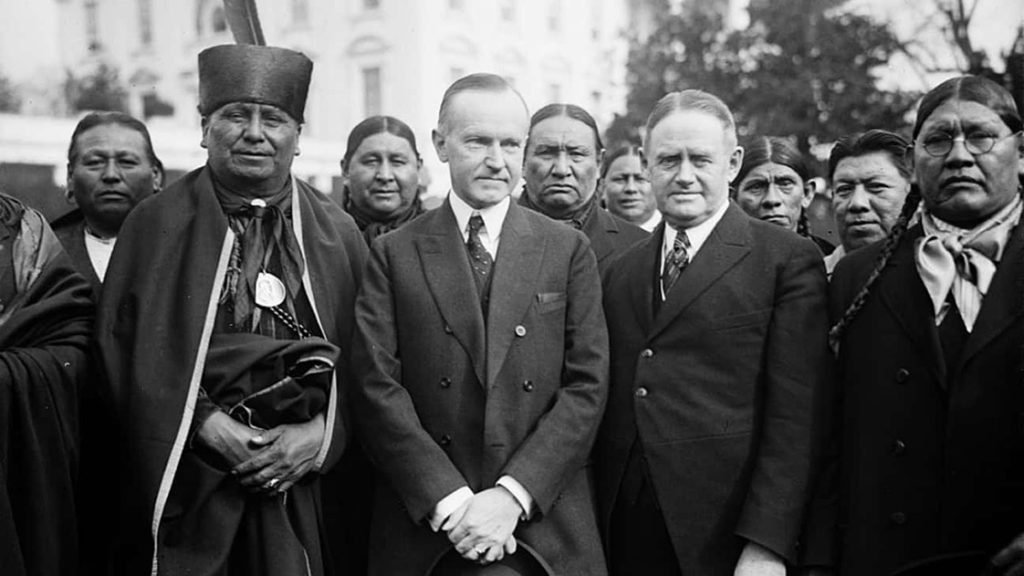DURANT, OK – On June 2, 1924, the United States passed the Indian Citizenship Act (ICA). The historic milestone granted dual citizenship to members of federally recognized tribal nations and paved the way for additional protections for Native Americans across the country.
While the significance of the ICA is profound, some tribes, including the Choctaw Nation of Oklahoma, had already gained citizenship before the act’s passage due to previous treaties.
“Iti Fabvssa,” a monthly column in Choctaw Nation’s Biskinik newspaper, emphasizes that “while we share a lot of history and experiences with other American Indians (and the Five Tribes especially), Choctaws have a distinct history and relationship with the U.S. government.” The article explains, “Choctaws who took allotments were also granted U.S. citizenship in 1901 – before Oklahoma statehood and long before the 1924 Indian Citizenship Act, which gave the majority of American Indians citizenship.”

Despite the historical difference, CNO acknowledges the Indian Citizenship Act of 1924 was a crucial step forward. “The Indian Citizenship Act of 1924 provided important clarifications about the rights of members of federally recognized tribes, a critical part of defining sovereignty,” said Choctaw Nation Chief Gary Batton.
However, it would take many years until all rights, such as the right to vote, were bestowed upon the tribes. “After the Act, some states still didn’t allow Indians to vote until further legislation was passed in 1965,” said Chief Batton. “This history holds a lesson for today – we must constantly and vigilantly defend our rights as individuals and as sovereign nations. Part of my job as Chief of the Choctaw Nation is to protect those rights, and the members of our tribe play a critical role by engaging in their communities and voting in elections.”
The Choctaw Nation is the third-largest Indian Nation in the United States with more than 225,000 tribal members and 12,000-plus associates.














































